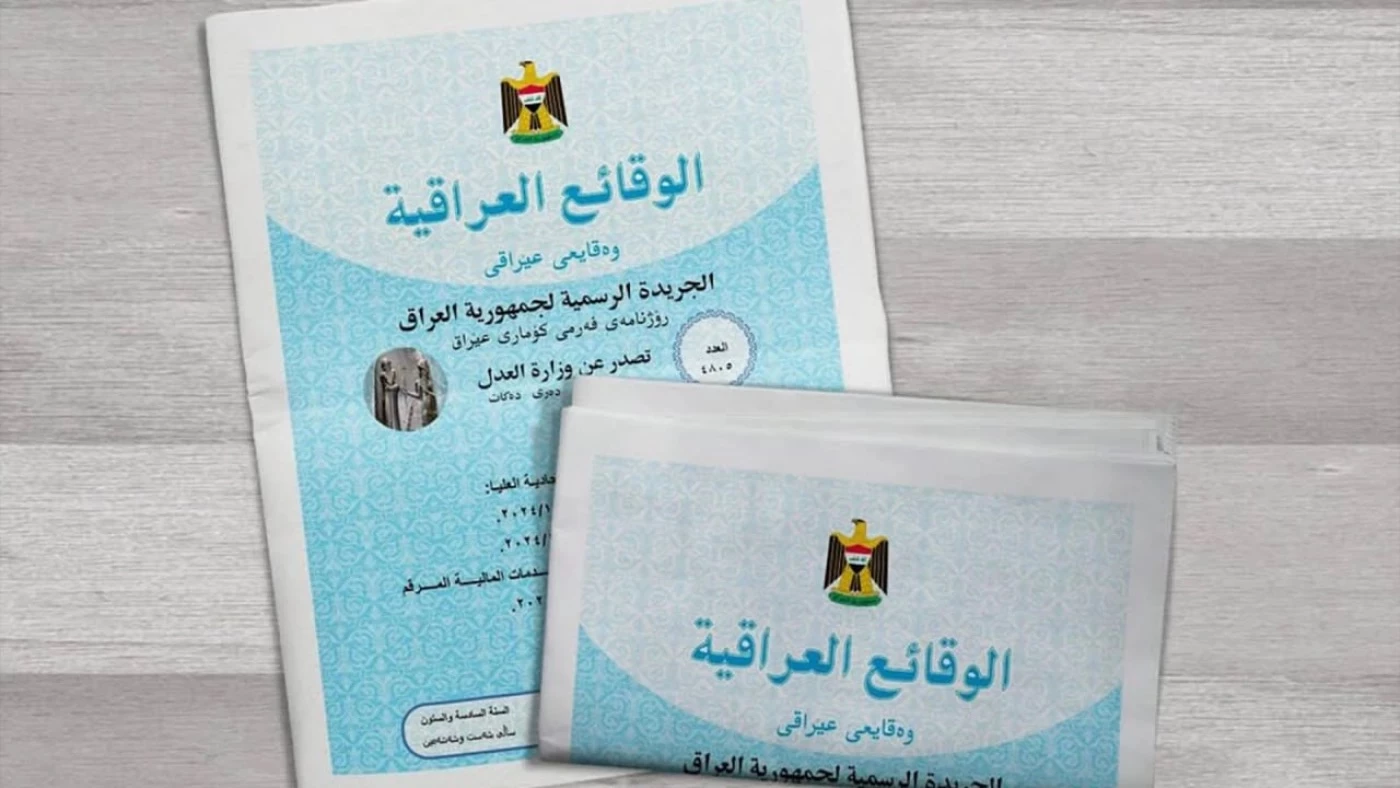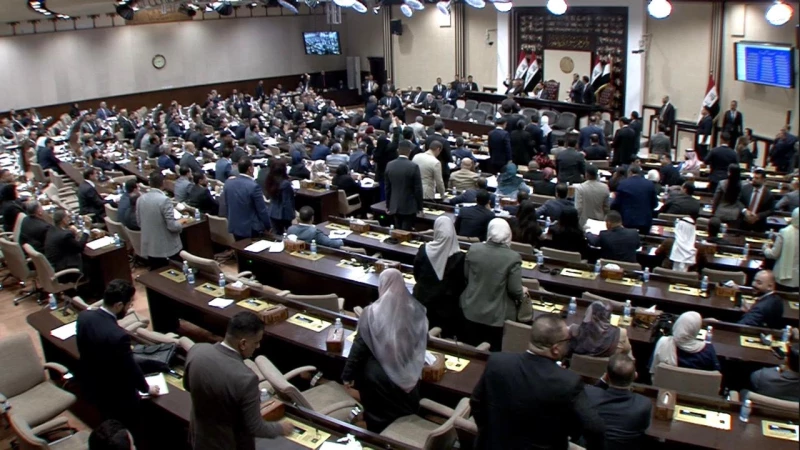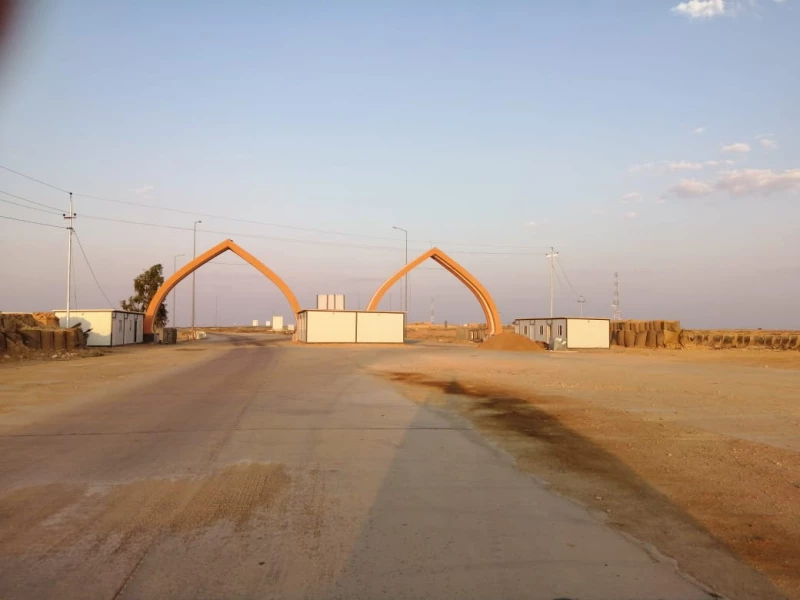ERBIL, Kurdistan Region of Iraq – Iraq’s Official Gazette on Tuesday published the three controversial laws recently passed by the parliament, namely, the Personal Status law, General Amnesty law, and Property Restitution law, commencing their legal implementation.
The Iraqi Official Gazette, of which The New Region was able to obtain a copy, in its latest publication included the three laws that were recently ratified by Iraqi President Abdul Latif Rashid following their passage in the Iraqi parliament in January 21.
The general amnesty law redefines the concept of affiliation to terrorism, through which the cases of many in Iraq will become easier to resolve. The law could save the lives of scores of innocent people from the country’s prisons, but could also lead to the release of the guilty, too, if not implemented properly.
The amendment to the Personal Status Law governs family-related issues such as marriage, divorce, inheritance, and custody, and has long been seen as controversial by civil society activists.
The changes allow couples to choose their religious sect — Shiite or Sunni — when entering into a marriage contract. If the couple cannot agree on a sect, the husband's sect would be applied. Critics argue that this provision could undermine civil rights, particularly for women and girls.
The real estate restitution law seeks to reverse the effects of the Arabization policy pursued by the banned Ba'ath Party regime for more than three decades, which was represented by the displacement of Kurdish and Turkmen families from their lands in the provinces of Diyala, Salahadin, Kirkuk, and Nineveh, granting their lands to Sunni Arabs to establish Arab villages in areas with a Kurdish and Turkmen majority.
The publication comes a day after Iraqi army forces attacked farmers in northern Kirkuk’s Sargaran subdistrict, preventing them from entering and cultivating their lands, an altercation that was quickly condemned by Kurdish officials, and saw Peshmarga forces take post in the outmost position within the forces’ command, in preparation of any further escalation.
The Federal Supreme Court had issued a temporary ruling two weeks after their passage to suspend their implementation, after a coalition of 10 lawmakers had filed legal complaints to the top court, calling for suspending the implementation of the bills, the suspension was later overturned and the laws were declared “constitutional” by the top court.
Iraqi president Abdul Latif Rashid ratified the laws in mid-February, after the Iraqi Federal Supreme Court dismissed appeals submitted against the three laws.
Each law has sparked controversy in its own circle. The Personal Status law faced backlash from both the public and human rights organizations alike, with the UN personally “pressuring” Iraqi Parliamentary Speaker Mahmoud al-Mashhadani, over concerns of legalizing child marriage and infringing upon women’s rights.
The General Amnesty law, conjured up debates separately, with some arguing that it offers an olive branch to those who have been wrongfully convicted of crimes, while others argued that it poses a danger to Iraq’s security, and runs the risk of releasing terrorists if not implemented correctly.
The real estate restitution law on the other hand, culminated in the attack on Kurdish farmers in northern Kirkuk’s Sargaran subdistrict by Iraqi army forces, stating that the lands belong to the state.



 Facebook
Facebook
 LinkedIn
LinkedIn
 Telegram
Telegram
 X
X


